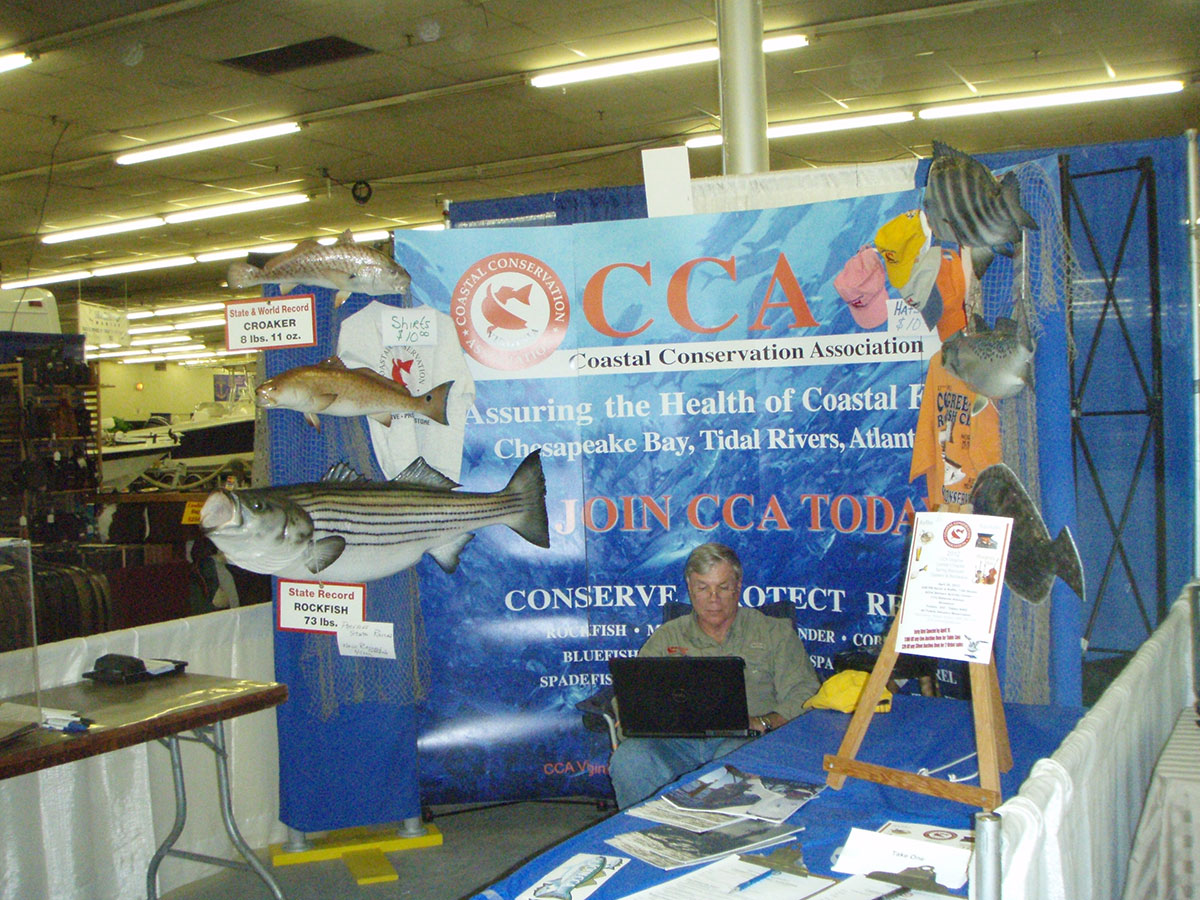Fishing The Old South
Deep in the southern Appalachian Mountains, through misty green valleys, within the unsurpassed beauty of the Chattahoochee National Forest, the Russell-Brasstown National Scenic Byway winds its way to some of northern Georgia’s greatest fishing spots. Cast a fly in a secluded mountain stream, or take advantage of trout fisheries found only in the northeast region of the state.
No matter your direction of approach, cities near the byway will help you gear up for your Southern angling adventure. South of the byway, look for bait shops and other outdoor stores in Helen and Dahlonega. If you’re driving in from North or South Carolina, you’ll find gear and local fishing tips in Blue Ridge and Clayton, respectively.
If river fishing is your forte, two of the best fishing spots in the area are on the byway just a few miles north of Helen on GA-75. First, stop at the Chattahoochee River, a developed site with several dozen campgrounds, running water, and restrooms. Pick a spot in the cool shade on the riverbank and cast your line into the pools, overhangs, eddies, bushes, or fallen trees where fish love to hide during the daylight hours. Try for catfish, crappie, brim, or rainbow and brown trout, which are stocked periodically by Forest Service personnel.
From the Chattahoochee River, continue a few miles north on the byway and fish Andrews Creek, a mid-sized stream that extends a few miles above the Andrews Cove Recreation Area, where you’ll find several campsites and running water. Fish the free-flowing stream in conditions similar to the Chattahoochee, and keep an eye out for the brook trout, Georgia’s only native trout.
For bigger fish and a chance to explore the open water, head to one of northern Georgia’s reservoirs. From Andrews Cove, continue north on GA-75 past Macedonia to Lake Chatuge, a 7,050-acre body of water straddling the North Carolina/Georgia border. Visit the lake from April to mid-July for largemouth bass, spotted bass, and white bass. Look for largemouth and spotted bass beneath fallen trees, brush, and boulders, and white bass in the main body of the lake during the summer or in nearby creeks during the spring spawning season.
For more first-class fishing, take GA-76 east from Macedonia to Lake Burton. Test your angling skills year-round in the reservoir’s sparkling waters, where several record-size fish have been caught as recently as 2004, such as an 11-pound, 2-ounce brown trout and an 8-pound, 2-ounce spotted bass. In the spring, follow schools of blueback herring and pick off a trout or two that come to feed on their spawning prey. During the summer heat, the fish will seek cooler and deeper waters, so bait them with trolling spoons or live herring and work your line up and down as you slowly reel it in. During the fall, look for big fish in the coves along the shoreline. While the winter months may be slower, pockets of warmer water near the Burton Dam will draw the fish to the concrete wall, where you can catch a healthy trout.
So pull on your waders and break out the tackle box, and delve into some first-rate fishing on Georgia’s Russell-Brasstown National Scenic Byway. Be sure to find out about Georgia fishing licences before you head out. Put your angler’s skill to the test in a number of settings as varied as the fish that inhabit them and bask in the natural beauty found only in the Old South.
How To Catch A Black Bass
How To Choos A Trawler Yacht


